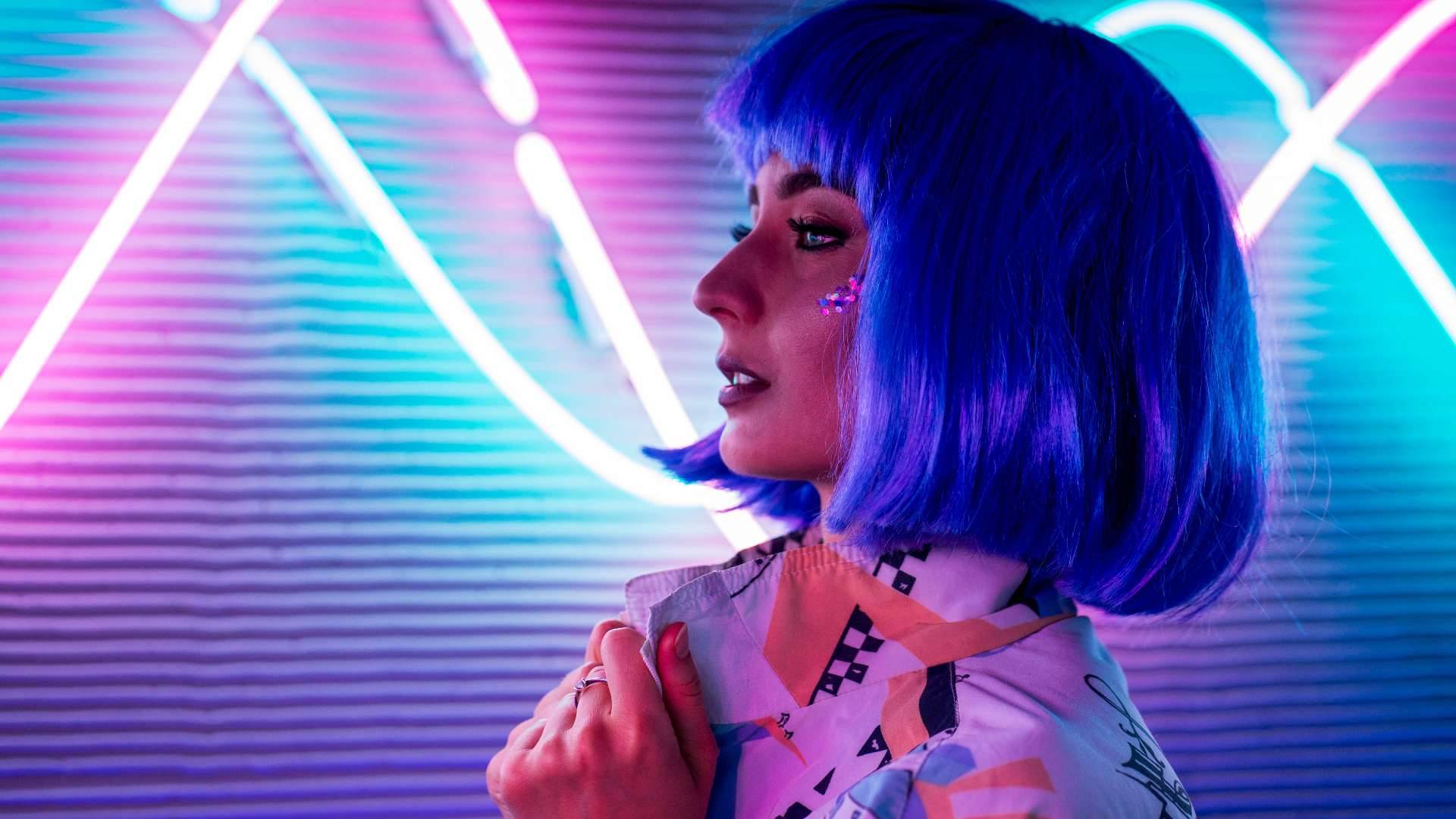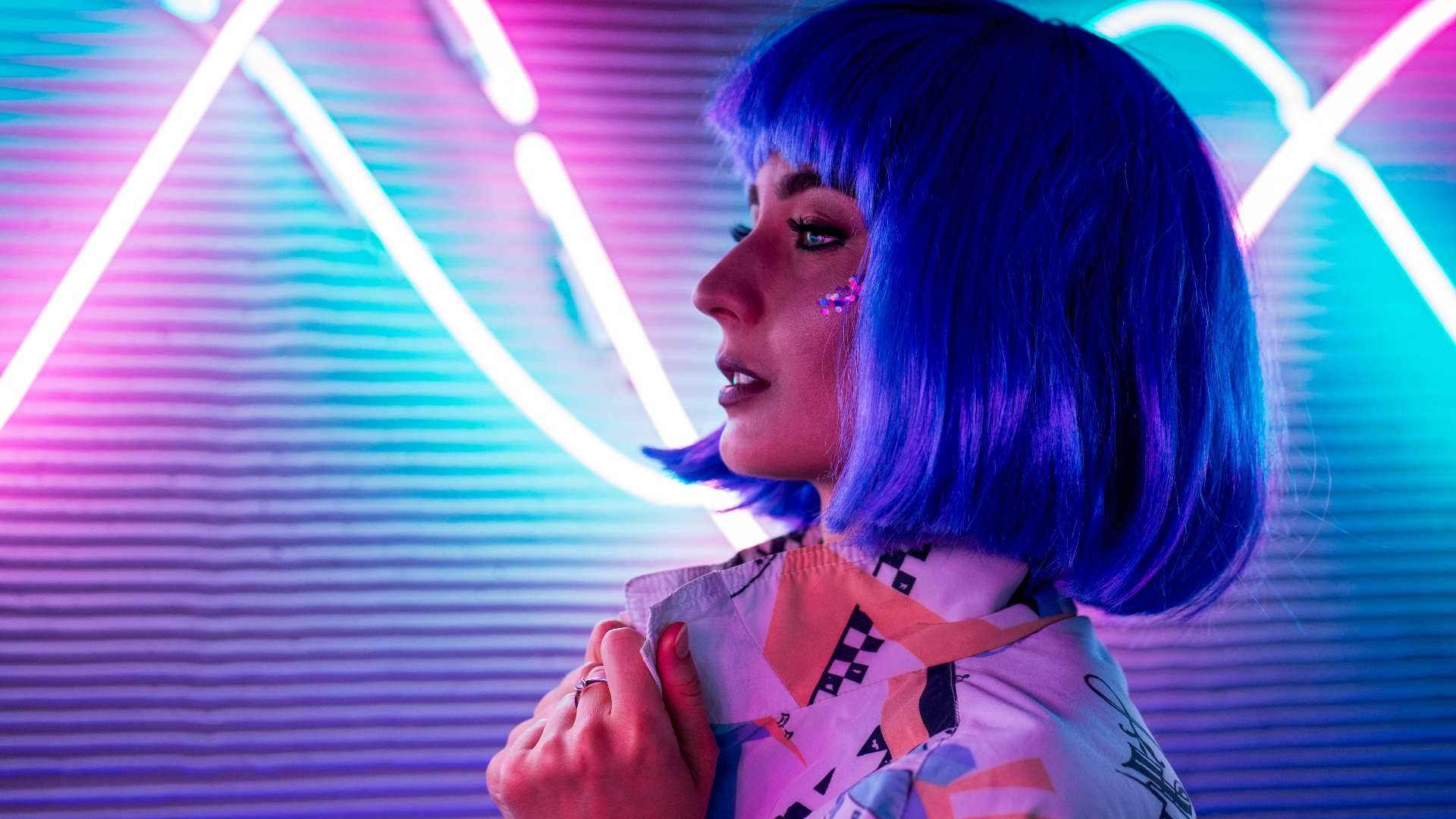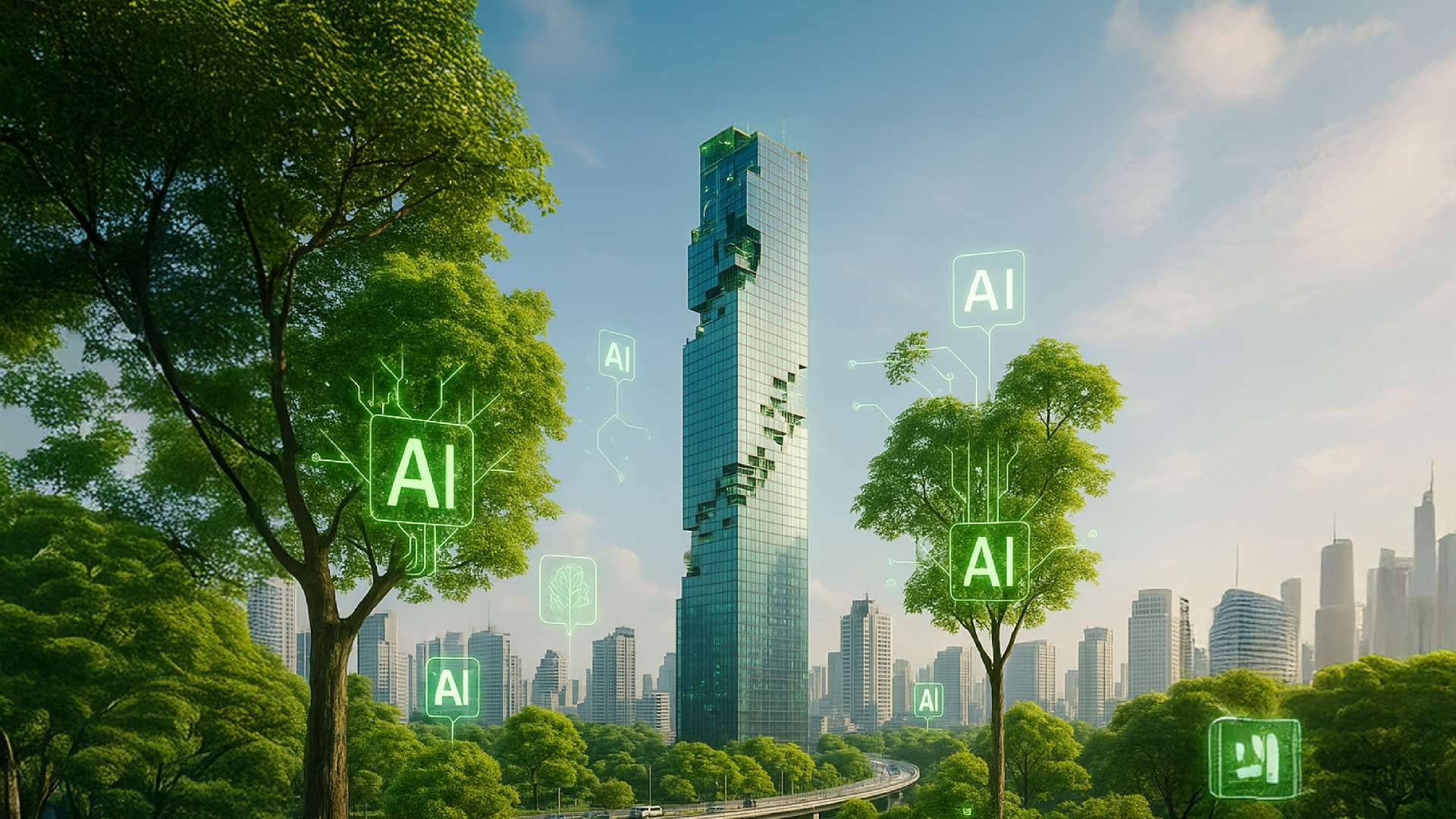
The End of Human Influencers
ARTICLES | Sep 24, 2021

Marketers seek representatives they can trust not to tarnish the brand’s image, leading to the birth of “virtual influencers”.
In an era when most of the world consumes content from social media, advertising through online influencers seems essential. But the choice of who, what, and when may be harder than you think!
If a human influencer you hire gets involved in drugs or commits a crime, your brand image will suffer. Marketers seek representatives they can trust not to tarnish the brand’s image, leading to the birth of “virtual influencers”.
Virtual influencers are humanoid characters created to have feelings and live like humans. But they can work faster, quickly gaining millions of followers. They have generated hundreds of millions of dollars in revenue since 2015. World-renowned brands such as UGG, Starbucks, Dior, Samsung, and Balmain know that coming Y, Z, and alpha generations who are familiar with the virtual world will become mainstream customers. Virtual influencers may become richer and more famous than their human counterparts.
Implications for the future:
- The use of follower numbers and post views to measure success lets any actor, human or not, gain income, as long as they have a unique image and meet the needs of brands.
- The wealth of virtual influencers is a key indication that even workers in creative professions may be replaced by non-humans. Model agencies may also shift their attention away from humans as virtual influencers become more popular.
- Legal protection for virtual influencers may arise in the future.
Sources: https://influencermatchmaker.co.uk/.../virtual..., https://influencermarketinghub.com/virtual-influencers/, https://www.cbc.ca/.../virtual-influencers-thrive-amid..., https://influencity.com/.../10-virtual-influencers-to.../, https://www.thedrum.com/.../virtual-influencer-trends..., https://cybernews.com/.../meet-the-virtual-influencers.../











